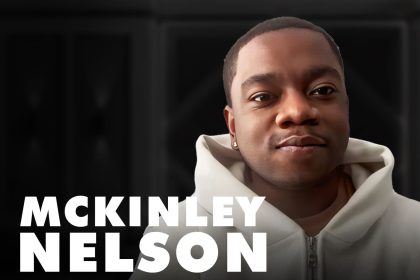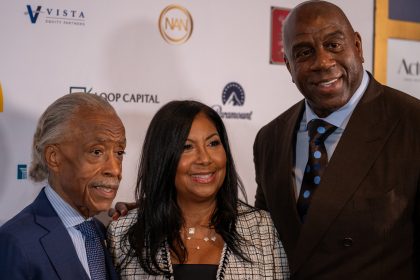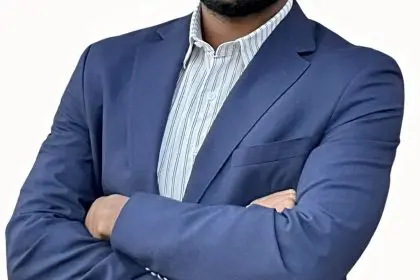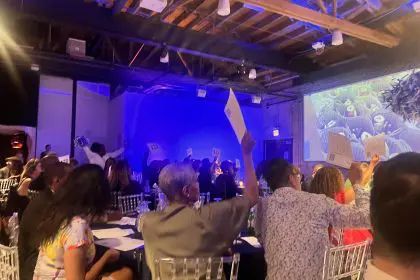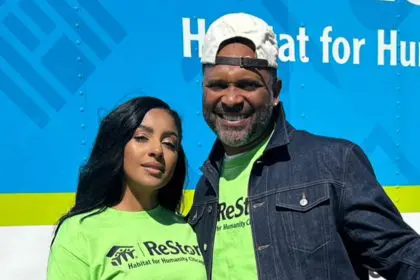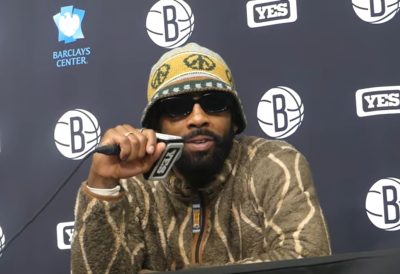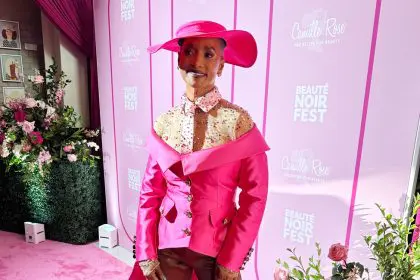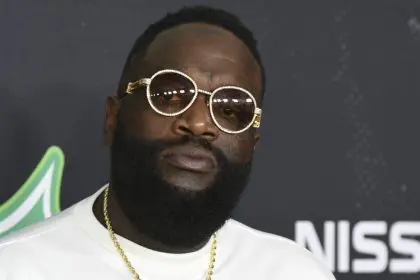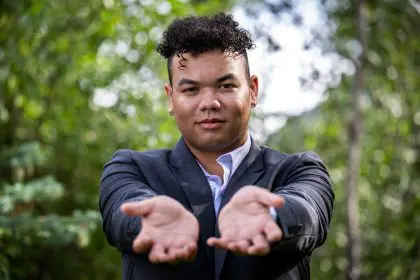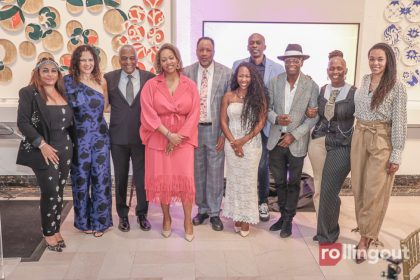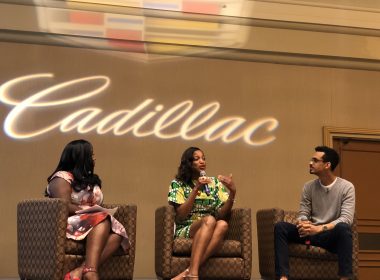
Sheldon Smith, a Chicago native, created The Dovetail Project to help assist young African American men in becoming great fathers. Rolling out spoke to Smith to learn about his background and how The Dovetail Project is changing lives.
Tell our readers who you are.
I am a young, African American male who was born and raised in the city of Chicago as the middle child of five. My mom had four boys and one girl. I am a father of one, a community organizer a leader and a dedicated father.
What do you do?
I am the founder and executive director of a fatherhood initiative called The Dovetail Project, which is used to teach young African American fathers, between the ages of 17 and 24 parenting skills, life skills and felony street law. When fathers complete the program they receive a job a GED or a trade along with a $300 stipend. We’ve had about 194 fathers complete the program within five years and our success rate is 90 percent.
Our goal now is to figure out how to replicate the Dovetail Project throughout the nation for African American Fathers. We are working with the University of Chicago accelerator program to work out the methodology of our curriculum. We are also working with another foundation called A Better Chicago who is helping us work on our business plan, so as we replicate, we have a map to lay everything out.
Why do you feel that what you are doing is unique?
Fatherhood in general is an issue that oftentimes is not spoken about unless it is in a negative way. Fatherhood in the African American community is something that is not looked at in a positive way at all, but there are so many African American young men between the ages of 17 and 24 who are looking for solutions to be better dads, so that they can provide for their families. This program is unique because most times when you hear people speak about the issues, you hear education, juvenile justice or more jobs, you never hear fatherhood, which is the closest thing to mentorship. The first male mentor should be your father. Many of us lack those skills as fathers. This program helps you men who want to be better fathers to stay involved, engaged and encouraged about fatherhood.
How long have you been doing this and what is it about your experience that created a space for you to say that this is what should be addressed?
I’ve been doing this for five years. I started doing community organizing at 13 for a nonprofit by the name of Magic. I learned about community organizing, youth and gang violence, HIV/AIDS prevention and I fell in love with working for the community to do great things. My father was also in and out of my life and it broke me. When he was around, I was doing well, when he wasn’t, I was doing bad. My father was 18 when he had me and his father wasn’t around and his mom struggled. I had my child at the age of 20 and wanted to do something different around fatherhood. Not having my father involved [had] a big effect on my life and a lot of my friends were going down the same path when raising their children. I was becoming a father and I was scared, so I thought about a program that would engage fathers and not just teach them fatherhood skills, but teach them life skills and how to avoid the criminal justice system, how to gain employment, and how to be the best dad they can be. I took all of my experiences with my father’s life and my life and thought about how I could make it better for children. I love working with the men, but I really do this for the babies.

What are some of the challenges with running such a grass-roots organization?
I would say the challenge is finding supports who want to support fatherhood first. Everybody speaks about “Dead Beat Dads”. It’s a challenge finding support for African American men. Historically it’s been tough to find dollars for this type of support.
What are you teaching in your program that people expect a father should know, but must be taught?
Looking at the felony street law component, some of the things that we teach within that is how to deal with the police. Identifying statistics in the criminal justice system where African American men are constantly incarcerated for certain things. We also look at the rights of a father in the state of Illinois. We explore how to gain employment, how to write a resume. What the young men love the most is learning how to tie a tie. Most of our young brothers don’t know how to tie a tie. One young man was so excited he bought a few ties and brought them to class to help his peers.
Tell us about your past history and why you relate to these young men.
I was 17 and went to jail for armed robbery. I went to jail for about six months. The judge knocked my charge down to an aggravated because of my involvement in the community and because I played ball. I had two years of probation and I got off probation early because I did so well. I got released went back to high school. I went to CVS high school and graduated in 2007 with a carpenter’s certification. The thing that shocked people is because I was doing the community organizing and they couldn’t understand how I got caught up. What I explained was at the beginning of the day I’m going to a program, but at the end of the day I am going back to the environment I come from. I grew up poor. My birthday came around, I felt like I didn’t get the birthday I wanted and I was going to do something about it. I was wrong. It was a mistake I made. I use my experiences and share with the young men what I have done wrong and how I have been able to overcome it.
I’m 26. I have a felony in my background; I don’t have a college degree. I failed the third grade when I was younger. I grew up poor. A statistic like me should be dead or in jail. You shouldn’t be talking to me right now. I’ve been able to save 194 fathers. I’ve been able to raise over one million dollars and partner with major institutions. We are defeating the odds. I share my experience to help tackle the problem. I want to shed light on these young men so they can grow up and do successful things and be great people.

What’s next for the Dovetail Project?
We want to grow and expand. I don’t want to just reach fathers in Chicago. I want to reach fathers all over the nation who need the curriculum that we provide [because] this [program] is what fathers actually need. We want to replicate the program. We are looking at the Midwest, Illinois, Indiana, Wisconsin and Michigan by the year 2020. We want to prove and replicate the model.
To learn more about The Dovetail Project, visit the link https://thedovetailproject.org.


